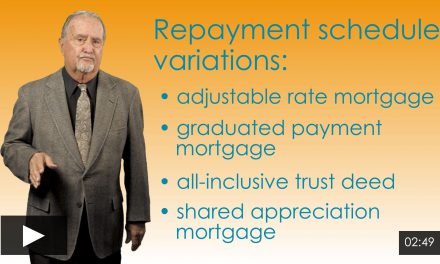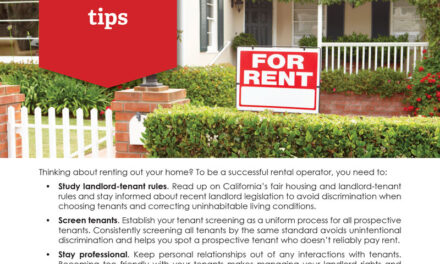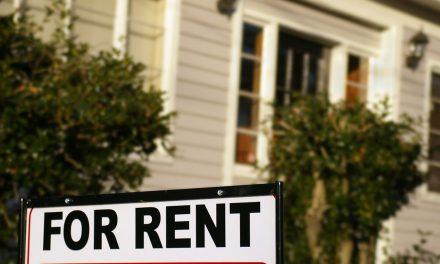It’s official — the 2020 recession is over. In fact, the economic recession ended after two short months in April 2020, according to a recent declaration by the National Bureau of Economic Research (NBER).
It typically takes several months beyond the end of a recession for NBER’s Business Cycle Dating Committee to declare the recession’s official end date. That’s because recessions can be tricky, with economic activity rising slightly, only to fall back again (sometimes known as a dead cat bounce). Now, NBER is confident that at this point, a second downturn would be considered a separate recession, and not part of the same trend that took place in 2020.
NBER determines the official start of a recession as the month following a peak in economic activity, and the end of a recession by the month at the bottom of economic activity. In this case, the 2-month-long recession of 2020 was the shortest recession in U.S. history.
Before 2020’s record-breaking recession, the shortest recession took place in 1980 and lasted six months. Notably, this brief 1980 recession was quickly followed by a second, but separate downturn inn 1981-1982 that was steeper than the recession that occurred in 1980.
But the NBER release stresses, just because economic activity hit its trough in April 2020, doesn’t mean that the economy is back to normal. In these early stages of expansion, several economic factors remain below healthy levels, including:
- employment;
- incomes;
- manufacturing production; and
- retail sales.
Related page:
The recession may be over, but the economy is still fragile
Many people believe the 2020 recession was the direct result of the COVID-19 pandemic and response. However, the downturn was building well before the pandemic was on anyone’s radar. For reference, the 2020 recession followed the longest U.S. economic expansion in history, lasting 128 months. Recessions typically occur every few years, thus a recession was well overdue.
More importantly, several economic indicators pointed to an imminent recession. Slowing gross domestic product (GDP) growth and a negative yield spread forecasted the recession to arrive in 2020. The pandemic’s arrival was a major complicating factor that worsened and deepened the recession.
In other words, while the 2020 recession was related to the pandemic, it would have occurred either way. Thus, the economic recovery will not be achieved by vaccine distribution or a return to normal, pre-pandemic life alone.
For the housing market, the recession (and pandemic) have produced a mixed set of factors, including:
- the foreclosure moratorium, scheduled to expire at the end of July 2021;
- the rental eviction moratorium, scheduled to expire in California at the end of September 2021;
- historically low interest rates, which have provided a big boost to buyer purchasing power;
- low multiple listing service (MLS) inventory, induced by the moratoriums, high homebuyer demand, and a years’ long build-up of insufficient residential construction;
- rapidly rising home prices, inflated by low interest rates and a supply-and-demand imbalance; and
- volatile home sales volume, currently influenced by pandemic-induced fear of missing out (FOMO).
Short recession casts long shadow
Now that the recession is officially over — and has been over for over a year now — will any of these factors change?
Not yet. Underlying much of the housing market’s volatility in 2021 are economic factors that have yet to recover. The biggest one is employment.
Here in California, we are still 1.4 million jobs below the pre-recession peak as of May 2021. That’s 1.4 million individuals unable to make housing payments. When the eviction and foreclosure moratoriums expire this year, these households will need to enter into some form of repayment plan with their landlords or servicers, or else lose their housing.
Related article:
Delinquent homeowners have not taken advantage of forbearance programs
When homeowners lose their housing, the result will be an increase in foreclosures and inventory. For renters, the expiration of the eviction moratorium will cause a rise in vacancies. In both cases, prices are expected to decline. However, since construction has been so low for so long, demand is incredibly pent-up, and the decline won’t be as intense as the last fall for home prices, during 2006-2009.
Even though the recession was brief, the economic recovery will stretch on. Expect a more consistent economic recovery to begin around 2024-2025. At this time, home prices will have bottomed and delinquencies will be flushed from the market. Speculators will return, ready to push the housing market towards its next peak.














